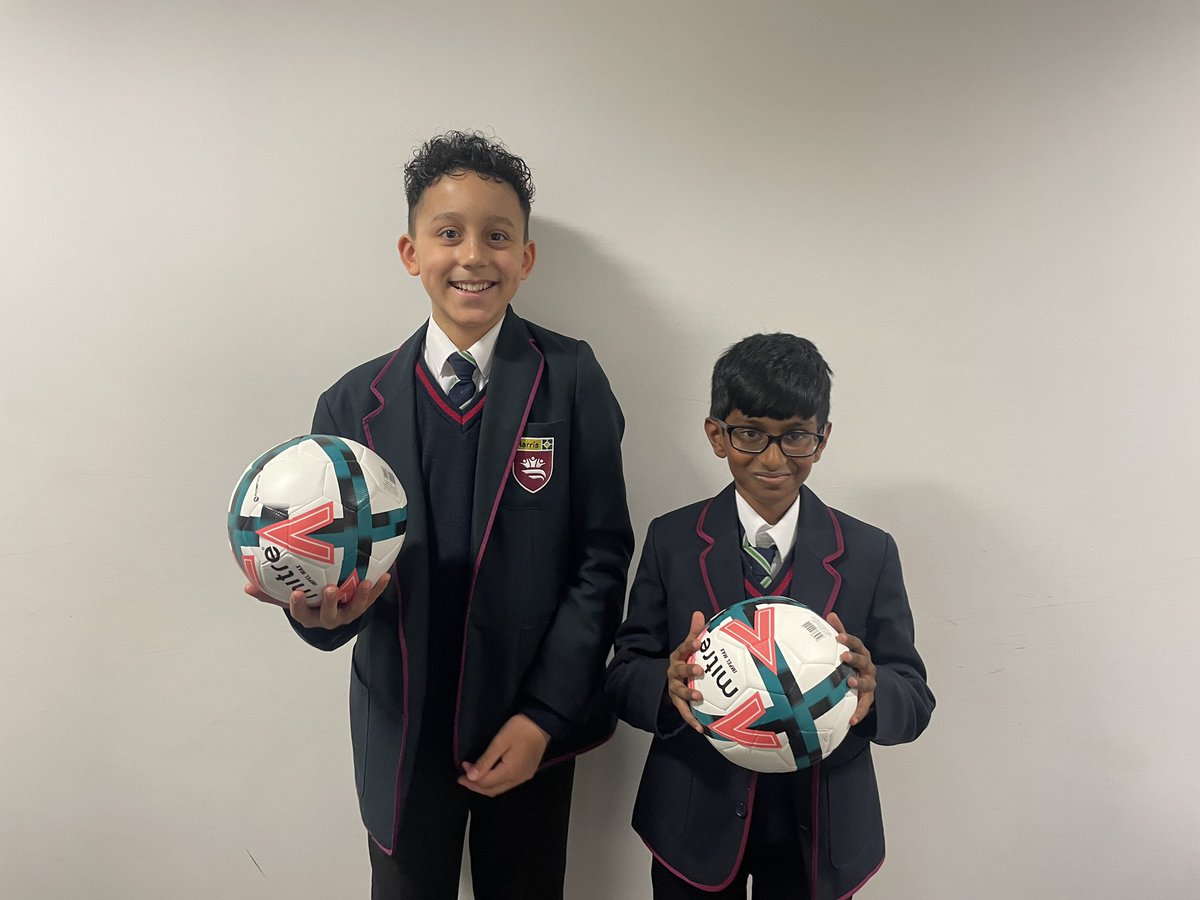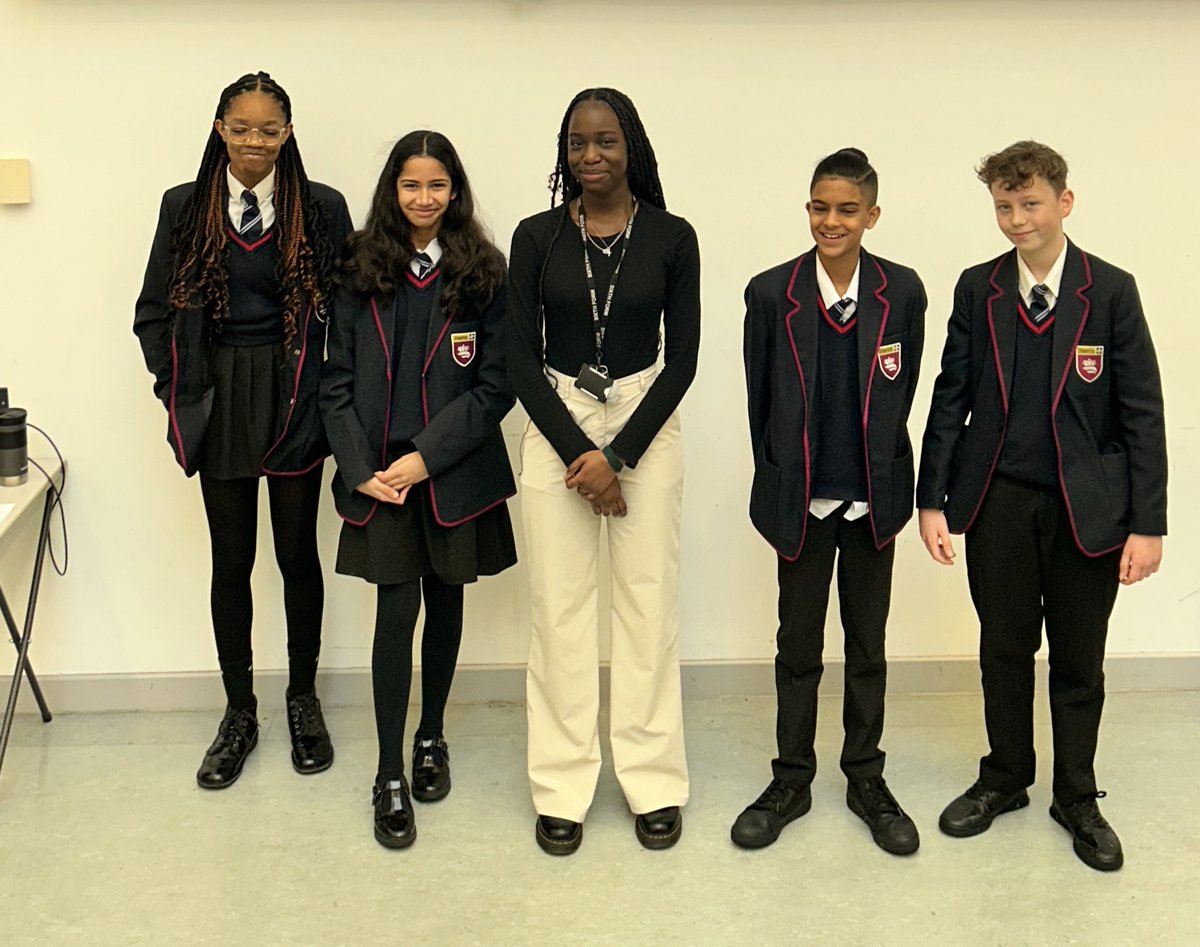Modern Foreign Languages
Harris Academy Greenwich MFL narrative
Year 7
Pupils begin their secondary languages education with a thorough introduction to the phonic system of the target language. Throughout the year this is revisited with each new set of language chunks to ensure that pupils have the skills to both produce and understand the spoken language. The first year of study at secondary level focuses on ensuring that students have a firm grasp of three foundations of language learning; the present tense, the word order of adjectives, and the concept of adjectival agreement. They will master these three concepts and apply them in a range of contexts such as describing themselves and others, giving personal information, describing their daily life at school and giving and justifying opinions on their free time activities.
Year 8
In year 8, pupils will add to their knowledge of present tense verb conjugation learned in year 7 by learning to form two new tenses; first, the future tense and later the more complex past tense. They will also increase their fluency and spontaneity as they learn to use their language skills in transactional conversations – making invitations to others, giving excuses, ordering in cafés and restaurants. They will deepen their understanding of the present tense by learning modal verbs such as “I have to”, “I must” to describe their responsibilities in their household.
Year 9
In year 9, pupils will consolidate their understanding of the three verb tenses learnt in years 7 and 8 by showing that they can switch between tenses in the same text or conversation. They will also learn about cultural norms from the target culture such as food and festivals and will show understanding and appreciation for those cultures by being able to make comparisons with their own cultural practices in the target language. They will learn to complete simple problem-solving in the target language as they learn to talk about their past and present lifestyle and mental and physical wellbeing and make plans for a healthier future life. By now, their grammatical understanding of three key tenses, as well as the special function of the infinitive in language, and other concepts that have no English equivalent (such as adjectival agreement) will be fully consolidated, paving the way for students to apply their understanding to more complex grammar and a wider range of communicative contexts at key stage 4.
Year 10
In year 10 pupils will begin their GCSE course. They will build on the foundations they have established at KS3 and master more complex language features such as comparatives and superlatives, direct object pronouns, reflexive verbs and the imperfect and conditional tenses in order to describe relationships with others, the activities they do to relax, the role of technology in their lives, where they live, their school and their summer holidays. They will be encouraged to compare their life experiences to those of young people living in the countries where the target language is spoken and gain a deeper understanding of target language culture. Pupils will develop their translation skills, understanding that target language structures and idioms cannot be translated literally. They will become confident communicators in a range of scenarios, both transactional and descriptive, and be able to ask and answer questions on a wide range of subjects.
Year 11
In year 11 pupils will deal with more complex topics such as the world of work, social and global issues and the environment. They will be able to give and justify opinions. Pupils will learn to tackle longer, more complex texts of different styles ranging from literature to news articles on a wide range of subjects. They will confidently be able to move between a variety of tenses in order to express themselves, narrate their past experiences and express their hopes and plans for the future. By the end of year 11 pupils will be equipped with the skills and powerful knowledge to be successful in public examinations, to have empathy and curiosity for other cultures, to communicate with the world around them and to continue their language studies to A level.
KS5 MFL (French and Spanish)
Philosophy
Our curriculum aims to provide learners with the ability to communicate successfully in a range of contexts such as society, history and literature, which will allow them not only to succeed in public exams, but also to develop broad-minded viewpoints, thus laying the foundation for further study at university or life in another country.
Narrative
At A level, students build upon their linguistic and cultural learning from GCSE. In the first year, aspects of the social context are studied, together with aspects of the artistic life of French/Spanish-speaking countries. In the second year, further aspects of the social background are covered, this time focusing on matters associated with multiculturalism. Students also study aspects of the political landscape including the future of political life in the French/Hispanic world by focusing on young people and their political engagement. Students enhance their linguistic skills and promote and develop their capacity for critical thinking based on their knowledge and understanding of the language, culture and society of the country or countries where the language is spoken. They develop control of the language system to convey meaning, using spoken and written skills, including an extended range of vocabulary, for both practical and intellectual purposes as increasingly confident, accurate and independent users of the language. Over the two years of study, they also develop their ability to interact effectively with users of the language in speech and in writing, including through online media, and develop language learning skills and strategies, including communication strategies to sustain communication and build fluency and confidence. Students study a film in Y12 and a book in Y13, learn how to structure their analysis in an essay and engage critically with intellectually stimulating texts, films and other materials in the original language, developing an appreciation of sophisticated and creative uses of the language and understanding them within their cultural and social context. The course also requires Y13 students to independently research an aspect of the target language country/countries which they find particularly interesting. Students are being offered enrichment sessions and a debate club that develops their speaking skills and help them be more informed about social background, artistic life, and politics for example. Through the study of A level, students are well-prepared to develop fluency in the target language and go on to degree level study; a high proportion of students progress to degree level.

















